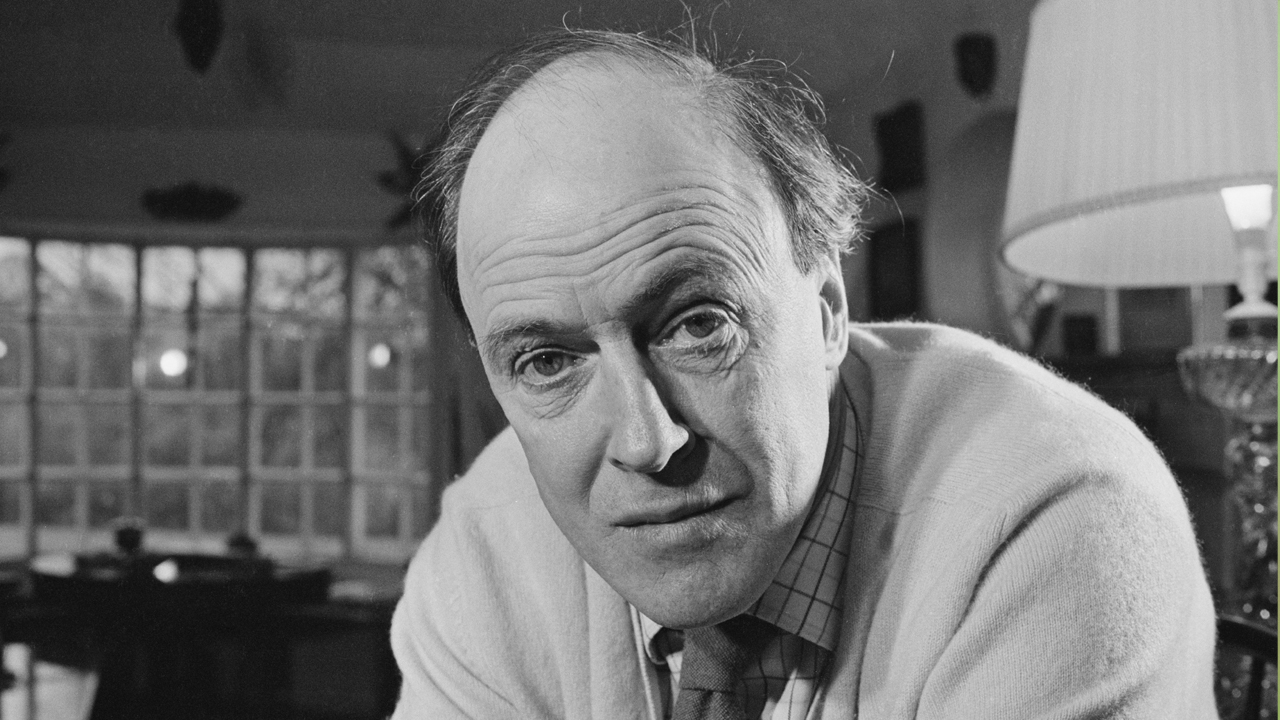Critics slam "botched surgery" of Roald Dahl rewrites

Roald Dahl’s children’s books are a staple on bookshelves across the world, and their subject matter is often a topic of conversation for students.
This time around, Dahl’s books have garnered attention over publisher Puffin’s move to bring in censorship readers, and the subsequent decision to remove certain terms and phrases from certain works in a bid to make them more appropriate for modern audiences.
“Words matter,” reads the notice on the copyright page of Puffin’s latest editions of Roald Dahl’s books. “The wonderful words of Roald Dahl can transport you to different worlds and introduce you to the most marvellous characters. This book was written many years ago, and so we regularly review the language to ensure that it can continue to be enjoyed by all today.”
The changes made to Charlie and the Chocolate Factory reportedly reach the hundreds, but most notable are those made to the character Augustus Gloop. In the original text, published in 1974, Augustus is described as being “enormously fat”, but in Puffin’s edits, he is simply “enormous”.
In The Witches, women are no longer limited to being a “cashier in a supermarket or typing letters for a business man”, but instead can be a “top scientist or running a business”. Additionally, an explanation of the witches’ baldness now concludes with a line about how “there are plenty of other reasons why women might wear wigs and there is certainly nothing wrong with that.”
Of such edits, the Roald Dahl Story Company have said “it’s not unusual to review the language” during new print runs, and that any changes made to Dahl’s works were minimal, and that they had to be “carefully considered”. The changes were made in conjunction with Inclusive Minds, which is described as being “a collective for people who are passionate about inclusion and accessibility in children’s literature.”
However, not everyone is on board with this move towards a more gentle and kind reading experience for children.
Sky News host James Morrow claimed the edits have made the books “boring”, and went as far as to describe one sensitivity reader as an “Orwellian political commissar”.
“They were so much fun, and they made fun of people’s appearances,” James said of his passion for the original texts, “so many people loved them. Now apparently, you know, they have been transformed.”
James then took to Twitter, where like minded critics voiced their outrage, with many blaming the “woke police” for what had occurred.
One even posed the question “I wonder how many 10 year olds will be able to think for themselves in 10 years time?”
“These masterpieces should never be edited," wrote another. “Reading these as a kid was a gift and the woke police should not take that away.”
Author Salman Rushdie took to his Twitter account to offer his take on the matter, telling both Puffin and the Dahl Estate that they should be ashamed of their actions.
Dahl passed away in 1990, and despite his enormous success with writing, he was - as Salman Rushdie put it - “no angel”, having made antisemitic comments throughout his life.
In 2020, The Dahl family acknowledged the “lasting and understandable hurt caused by Roald Dahl’s antisemitic statements” and issued an apology.
Sunday Times’ deputy literary editor Laura Hackett also shared her thoughts, and while she recognised that Dahl was “a very nasty man - a racist, misogynistic, antisemitic bully”, she wouldn’t let that stop her from sharing the original texts with her children.
“The editors at Puffin should be ashamed of the botched surgery they’ve carried out on some of the finest children’s literature in Britain,” she stated. “As for me, I’ll be carefully stowing away my old, original copies of Dahl’s stories, so that one day my children can enjoy them in their full, nasty, colourful glory.”
Images: Getty
